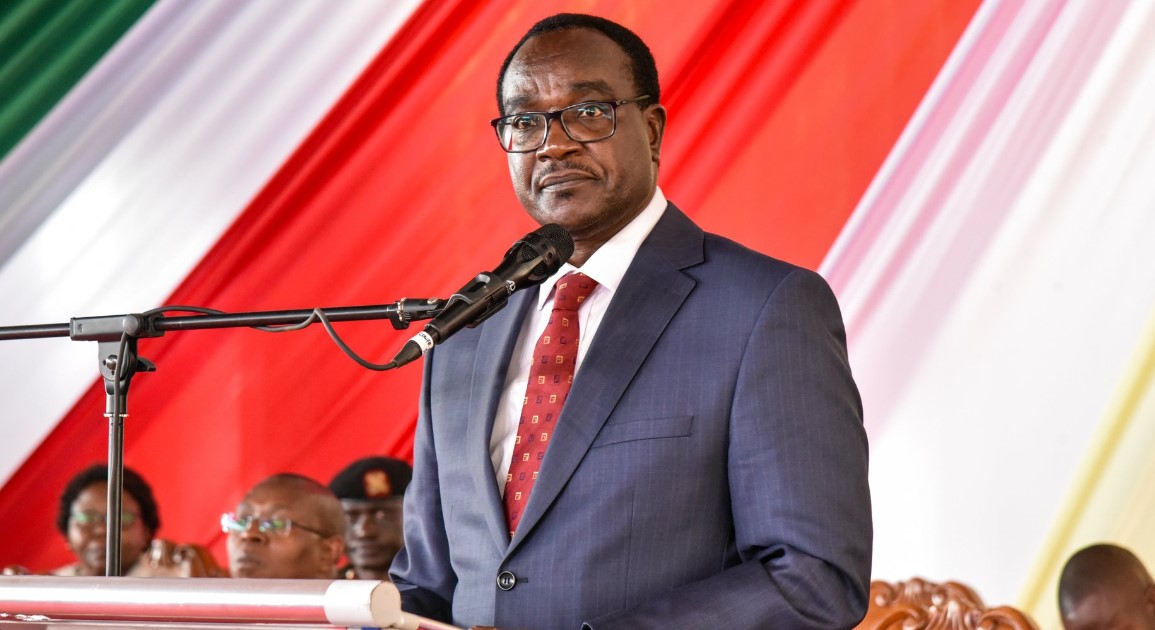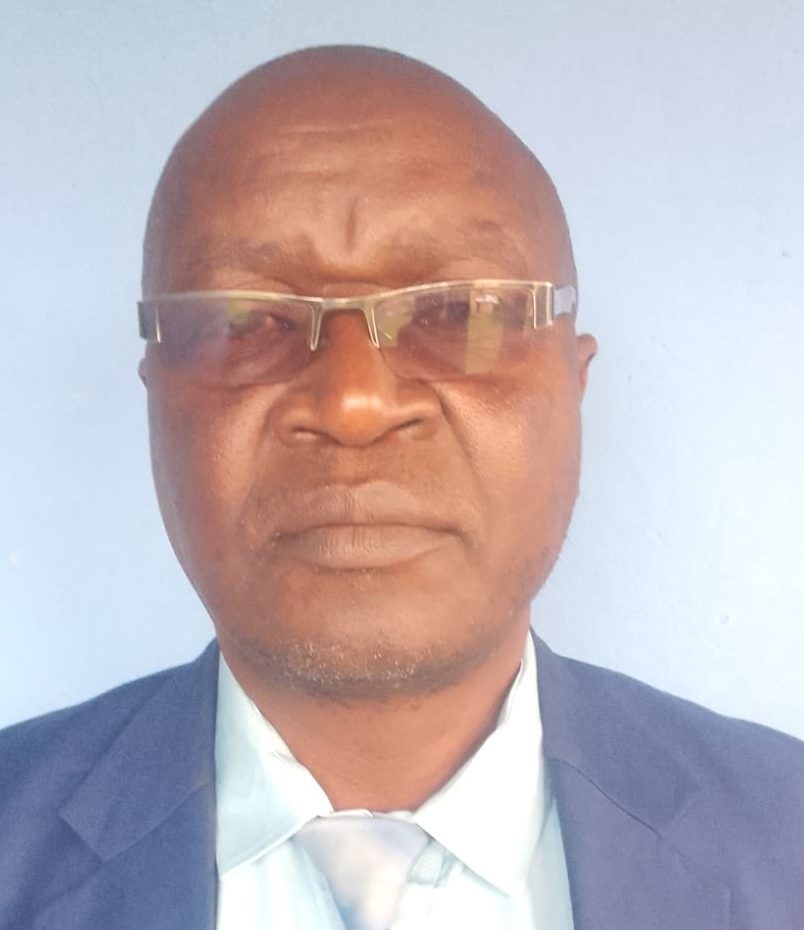By Victor Ochieng’
The heroic book the Art of Institutional Leadership by the pious Vice Chancellor of Daystar University Professor Laban Ayiro chronicles how he rose from a classroom teacher to a Vice Chancellor.
Foremost, he was a Chemistry teacher at Ingotse Secondary School. Then, he went to start Kegoye Secondary school, a decimal day school where classrooms were made of mud: a pale place without culture or infrastructure. Everything was humble and simple. The professor found himself in the zone of doldrums. He only solicited solace and peace in the wise words of his good grandpa: It is better for someone to give you an emaciated cow to take care of than a healthy one. For any improvement in terms of milk yield or body weight, will be your effort. That ‘skinny cow’ will build your reputation. It can never get worse.
The words of his grandmother taught him the value of owning a mission and planted in his contrite heart a ravenous desire to mentor more students. Four years later, one student matriculated into university.
The giant leap in academic performance at Kegoye Secondary School led to his promotion to Lubinu High School. Lending credence to Psalms 75:6-7: “For promotion does not come from the east, west, or south. But God is the judge; he puts someone down, and lifts another person.”
Therefore, joint efforts and laser-like focus, polished the pale walls of the small school. There was a positive deviation: It moved from position 1,210 to position 56 in the national ranking of 1994 KCSE. The peerless performance prompted the late President Moi to appoint Ayiro as the pioneering principal of Sunshine School.
Serendipitously, Sunshine School got its shine and sheen. When it presented its pioneering class for the 1998 KCSE, it emerged position 6 nationally. It rose like the fabled phoenix because the deft management borrowed best academic practices from shining examples like Kamuzu Banda Academy in Malawi and Eton in England.
Ayiro climbed the ladder of leadership as the Provincial Director of Education in charge of Western Region. He served as the Senior Deputy Director at the Kenya Institute of Curriculum Development (KICD). He also served as the Deputy Vice Chancellor in charge of Administration and Planning before the Ministry of Education (MoE) appointed him for a short stint as the Ag. Vice Chancellor of Moi University. He is now the Vice Chancellor of Daystar University.
Ideally, in reading his heroic book, as a scribe I picked leadership lessons that can help principals to gel their skills and styles. The lessons revolve around four useful co-values adopted at Daystar University: Christ-centredness, soft hearts, strong minds and serving hearts.
Professor Ayiro succeeds because he is a Christ-conscious leader. He reveres God without a scintilla of charade. Somewhat, leaders must conceptualise that they should be psycho-socially and spiritually sound.
Religion helps them understand social structure and infrastructure in leadership. The professor confirms that the ultimate test of true leadership is the reward that the leader receives in serving God and people.
Professor Ayiro focuses on Emotional Intelligence or Intra-personal skills. In the prolegomenon, he points out that his late mother introduced him into the realm of Emotional Intelligence through self-awareness, a core-competency Dr. Daniel Goleman writes about in his best-selling book titled Emotional Intelligence. High levels of emotional intelligence enhances efficacy of leaders by holding the matrix of leadership principles, practices and approaches.
Leaders should have strong minds. They should become better and brighter through rich reading. Harry S. Truman sagely said, “Not all readers are leaders, but all leaders are readers.” Legendary leaders read classics and new releases. Reading is important because it is the conduit of inspiration and new ideas. Reading multiplies expertise of leaders and allows them to spend time with smart people.
Nothing comes easy. We have to toil and moil or else success will always elude our grasp. Professor Ayiro posits that industrious culture and viable ideas aid institutions to access success.
He believes in what Theodore Roosevelt called, the Doctrine of the Strenuous Life when he said, “I wish to preach, not the doctrine of ignoble ease, but the doctrine of the strenuous life. The life of toil and effort, of labour and strife; to preach that highest form of success which comes, not to the man who desires mere easy peace, but the man who does not shrink from danger, from hardship, or from bitter toil, and who out of these wins the splendid ultimate triumph.”
The reviewer rolls out talks and training services. vochieng.90@gmail.com. 0704420232






